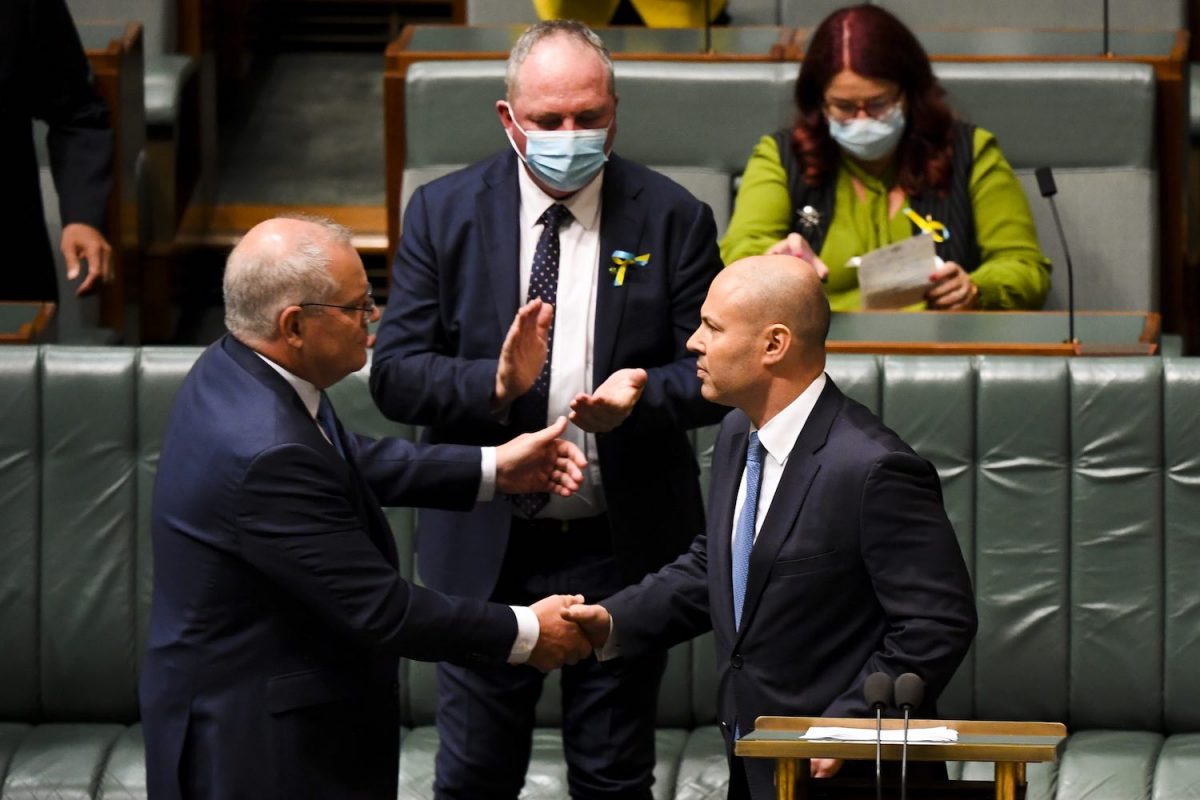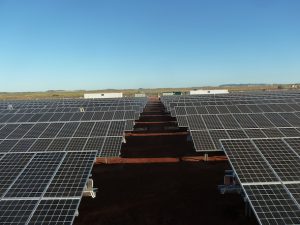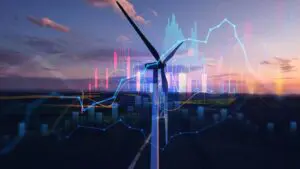The Morrison government has been slammed for delivering yet another federal budget that fails to grasp the urgency of climate change, fails to support an accelerated transition to renewable energy and offers no support for boosting electric vehicle uptake.
The clean energy sector, climate researchers and environmental groups have all criticised the budget delivered by Treasurer Josh Frydenberg on Tuesday evening, which will see federal spending on climate change measures fall year-on-year for the next four years.
Reacting to the budget, the Climate Council said the Morrison government had delivered another budget that prioritised the fossil fuel industry over increasing its action on climate change.
“Rather than investing in a green economic future, the Federal Government has used tonight’s Budget to toss mere pennies at genuine emissions reduction initiatives, such as the regional renewable microgrids,” the Climate Council’s Nicki Hutley said.
“At the same time, significant funds are being spent on so-called ‘low emissions hydrogen’ and the costly and unproven carbon capture and storage. And a further $50 million is being directed to accelerate polluting gas projects.”
“Similarly, the temporary reduction in fuel excise – while welcome for many households – could perhaps have been better spent on supporting electric vehicles and EV infrastructure investment as well as public and active transport initiatives,” Hutley added.
The Clean Energy Council likewise described the federal budget as a missed opportunity, saying that the Morrison government had failed to provide funding support that would accelerate the transition to renewable energy.
“Tonight’s Federal Budget fails to look to the medium-to-long term future through an all-important lens of reducing the emissions that are having a devastating impact on the climate, the environment and on the lives of everyday Australians,” Clean Energy Council Chief Executive, Kane Thornton, said.
“The lack of transmission investment is now one of the most critical challenges facing Australia’s energy industry. Instead, yet another Federal Budget has prioritised the fossil fuel industry when Australia’s bottom line should be focused providing a better future for communities through clean, low-cost renewable energy and storage.”
The Australia Institute labelled a cut to the fuel excise – one of the budget’s centrepiece measures that the Morrison government hopes will deliver cost of living help to households – as “bad economic policy”.
“For the last nine years this government has kept Australians hooked on foreign oil. They’ve been caught asleep at the wheel and are now scrambling,” the Australia Institute’s Richie Merzian said.
“We have seen no Government action on fuel efficiency standards, on vehicle electrification, or on public and active transport, and it is Australians who are paying the price.”
“At the current rate of the global oil price rise, this short-term fuel discount sugar hit will be wiped out by mid-year – and that’s if it is passed on to customers at the bowser in full,” Merzian added.
The Australian Conservation Foundation said that while it was positive that funding is being directed to help improve the health of the Great Barrier Reef, the funding was dwarfed by the amount of funding still being handed out as fossil fuel subsidies, despite climate change posing an existential threat to the reef.
“While the $1 billion over nine years for Great Barrier Reef conservation is welcome, contrast that with the billions being spent – every year – to encourage the growth of fossil fuel industries, which are smashing the reef via all-too-regular bleaching events,” ACF’s economy and democracy program manager, Matt Rose, said.
“ACF does not support the reduction in fuel excise. The government could help Australians cope with the rising cost of fuel through targeted payments to people who need it. Cutting the fuel excise does not drive the transition to clean transport.”
“Encouraging the uptake of electric vehicles and boosting investment in public transport would cut Australia’s transport emissions and reduce our reliance on imported fuel,” Rose added.







